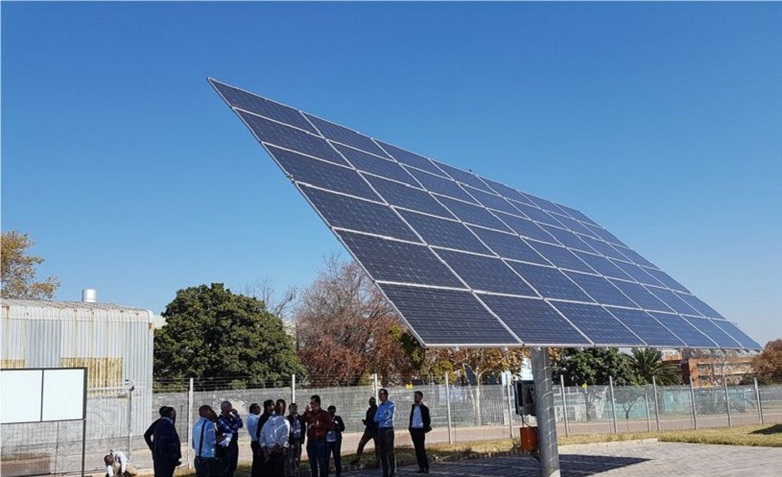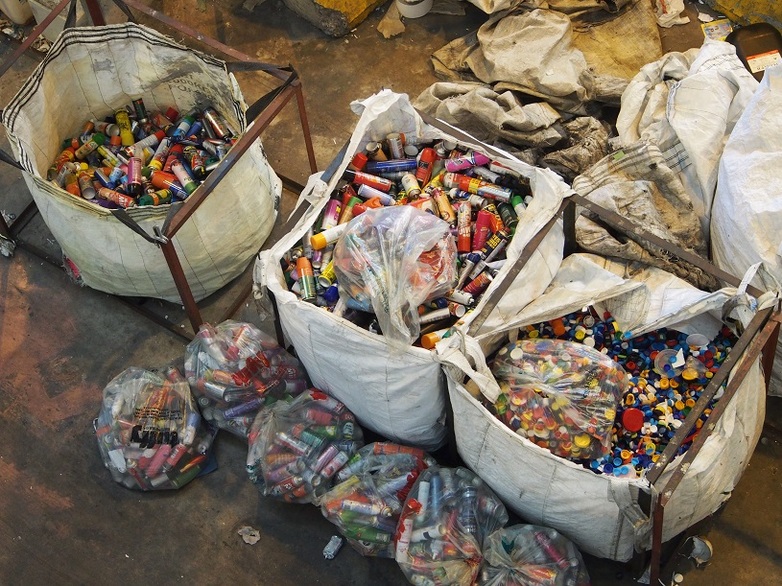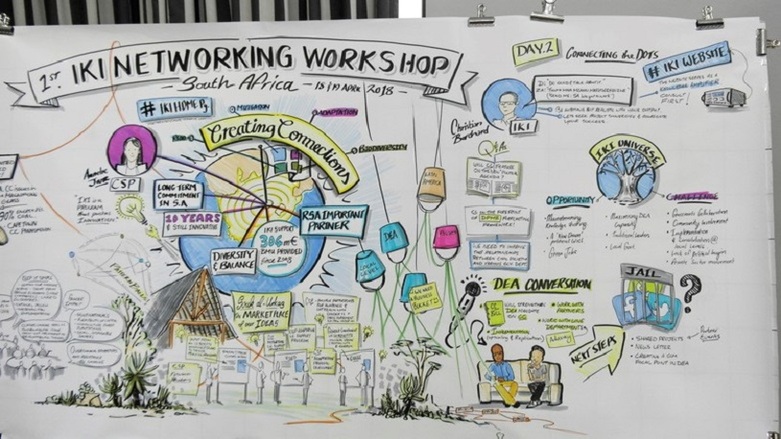Support for South Africa's climate policy
Programme description
Title: Programm zur Unterstützung der Weiterentwicklung und Umsetzung der Klimapolitik Südafrikas (CSP) - Phase III
Commissioned by: Federal Ministry for the Environment, Nature Conservation, Nuclear Safety and Consumer Protection (BMUV)
Country: South Africa
Lead executing agency: Department of Forestry, Fisheries and the Environment (DFFE)
Overall term: 2017 to 2022

Context
Climate change is having an impact on nearly every aspect of daily life in South Africa. Extreme weather events, such as droughts and floods, affect the entire population, but they hit poorer and disadvantaged groups the hardest.
Because the economy is largely dependent on coal and liquid fuels for electricity generation, the country is one of the world’s 20 biggest emitters of carbon dioxide (CO2).
Nevertheless, South Africa is a signatory to the United Nations Framework Convention on Climate Change (the Paris Agreement), whose objective is to limit global warming to 1.5 degrees Celsius. South Africa's emissions target also addresses negative environmental impacts from land use, land use change and forestry (LULUCF). Now, the challenge is to translate these ambitious contributions to climate action into national policies for mitigation and adaptation.
Objective
South Africa is able to further develop its national policy on climate change and implement it consistently, and it continues to play a leading and supportive role in international climate negotiations.

Approach
The project has supported South Africa’s Department of Forestry, Fisheries and the Environment (DFFE) in developing and enacting the country’s climate policy and governance in the areas of climate change mitigation, adaptation, and monitoring and evaluation.
It has assisted DFFE in developing strategies and conducting scientific analyses, and has supported the ministry in managing and implementing projects. South Africa is therefore well placed now to establish a legal framework within which to pursue appropriate mitigation and adaptation measures.
The project has strengthened DFFE in its role as a catalyst. This is important when it comes to getting regional and national government bodies, such as the ministries of energy, transport and construction, involved in the implementation of its flagship projects.
Last update: March 2022
